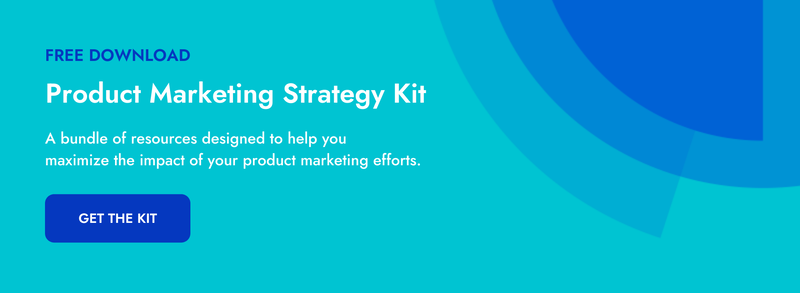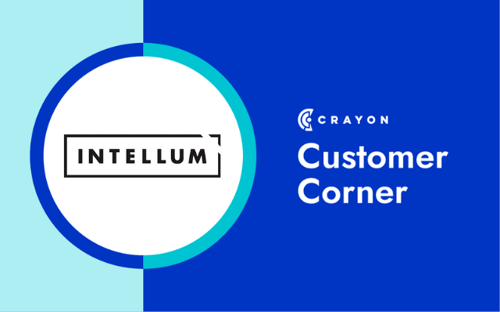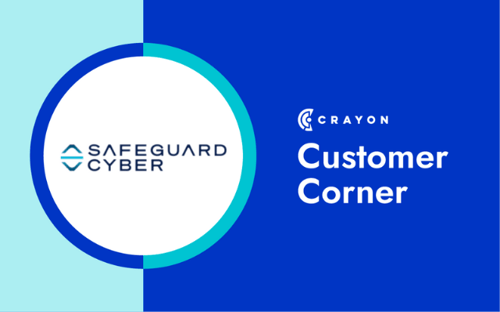 Crayon's Product Marketing Spotlight is an interview series where we chat with product marketers to get a glimpse into their careers and gain unique insight into product marketing strategy. In this edition of the Product Marketing Spotlight Series, we shine the light on Elvis Lieban of Gong.
Crayon's Product Marketing Spotlight is an interview series where we chat with product marketers to get a glimpse into their careers and gain unique insight into product marketing strategy. In this edition of the Product Marketing Spotlight Series, we shine the light on Elvis Lieban of Gong.
MC: What is your role?
EL: Senior Product Marketing Manager at Gong.
MC: What does Gong do?
EL: Gong empowers GTM organizations by unlocking their most valuable asset–what’s really going on in their customer interactions–so they can reach their full potential.
MC: Tell me a little bit about your career path. What was your first job, and what else happened along the way to bring you to where you are now?
EL: My first real job was in admin for a nationwide motorcycle parts and accessory retailer based in my hometown. I did accounting, HR paperwork, and filing. That’s a couple of lifetimes and careers ago in terms of timing but how I got into product marketing and technology is that I was working as a marketing manager for a small B2B SaaS start-up in Silicon Valley.
At the time, I was a public-facing person at the company. I was writing a lot of content, working on social media, and promoting the brand. I had a lot of customers reaching out to me saying things like “we love your product, but it would be even better or more helpful if it did XYZ.” I loved their ideas and connecting with customers directly.
Eventually, I learned that was product marketing, and that was what I wanted to do.
MC: What skills do you think are necessary for a product marketer to grow in their career?
EL: I think one of the most important skills to have is business acumen. That’s been a really big advantage to me–just being able to understand why businesses do what they do and where products and initiatives fit within a business context.
Also, interview skills and listening skills are really important. Product marketing managers need to be receptive to what’s going on in the market, and they need to have a lot of empathy with their customers and audience. Between those things, if you can understand your customers and audience well and deeply empathize while pairing that with business chops, that’s a killer combination.
MC: How do you get your sales team to actually use your sales enablement resources?
EL: The best way is to make collateral that is actually useful. That’s how I approach things. Some of the questions I ask salespeople are “how would you use this?” and “would you use this piece of collateral?”
Most of the time it’s not about the information–the information is valid–but the reason it does or does not get used is that it’s in the wrong format. For example, a battlecard is great if people have objections over the phone, but if the true competitive issue is needing something for a buyer to hold to show their boss, then it’s a different thing entirely. If the material is not doing the job for sales, then it’s not going to get used.
MC: What is your advice for someone who is planning a product launch for the first time?
EL: My advice is to get help from your team and follow some sort of template. There are tons of product launch templates, advice columns, and helpful assets out there. I recently wrote a piece for the Product Marketing Alliance about how we do our monthly product release cycle at Gong. At the end of the day, don’t reinvent the wheel and don’t assume that all product launches are different. Find a product template that works and get help from someone who has done it before.
Product launches sound really complicated and scary, but the process is really simple. Also, I don’t think a product launch really lives or dies by the process. A product launch lives or dies by all of the work that happened before you got to the launch phase. If it’s a good product, you did your homework, and your product solves a problem, the launch should be easy. It’s a matter of making sure that the people who have that problem know about it.
MC: What programs or resources have you found to be most impactful throughout your career?
EL: The Product Marketing Alliance is a really great resource. Their content and the community they’ve created are really solid. Also, LinkedIn groups can be helpful as well.
But, to those starting out in product marketing, don’t solely think about joining a product marketing group. While improving product marketing skills is important, you should also join the groups that your target market participates in.
For instance, Gong sells to revenue leaders, so joining a sales group could be really beneficial. We should always remind ourselves that we market products for a particular person with a particular problem, so it’s good to get close to them.
MC: What career advice do you have for those interested in product marketing?
EL: Some career advice for those interested or looking to make the switch is to stick to it. That’s something that can be really tough. No one was born or went to school to be a product marketing manager. It can be difficult to find that first product marketing position.
Before you make the switch, think about whether there is something in your current role that’s adjacent that you can work on to get there. Determine what kind of story you can tell that would demonstrate you have the acumen for product marketing–even if you haven’t been a product marketer before.
For me, that was listening to customers who want certain things and approaching our head of product about these ideas. Think about how you can make an impact in your current role to help set you up for that next step.
MC: When you’re not hard at work, what’s your favorite thing to do?
EL: You can find me at the racetrack. I’m an amateur amateur racecar driver. When I’m not at work, that’s where I want to be!
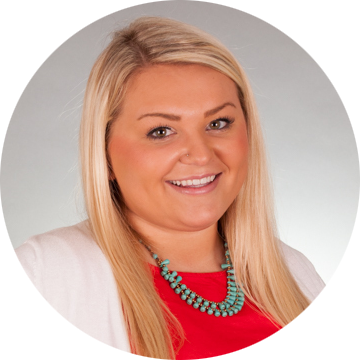
Related Blog Posts
Popular Posts
-
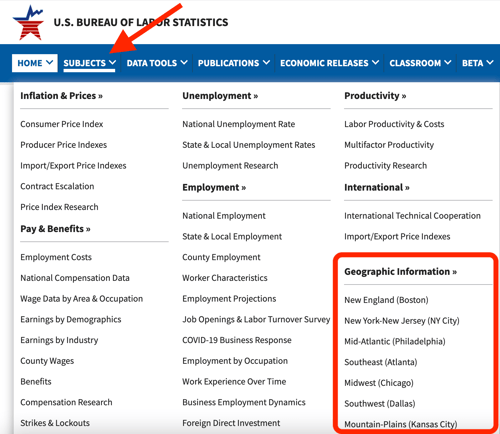 The 8 Free Market Research Tools and Resources You Need to Know
The 8 Free Market Research Tools and Resources You Need to Know
-
 How to Measure Product Launch Success: 12 KPIs You Should Be Tracking
How to Measure Product Launch Success: 12 KPIs You Should Be Tracking
-
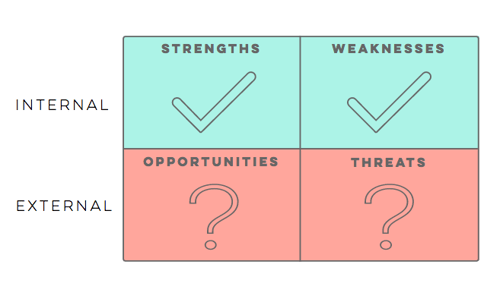 24 Questions to Consider for Your Next SWOT Analysis
24 Questions to Consider for Your Next SWOT Analysis
-
 How to Create a Competitive Matrix (Step-by-Step Guide With Examples + Free Templates)
How to Create a Competitive Matrix (Step-by-Step Guide With Examples + Free Templates)
-
 6 Competitive Advantage Examples From the Real World
6 Competitive Advantage Examples From the Real World
